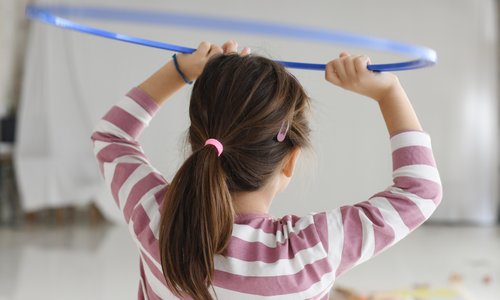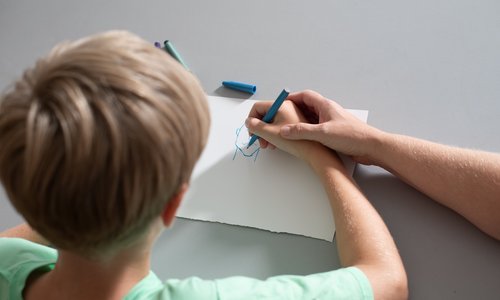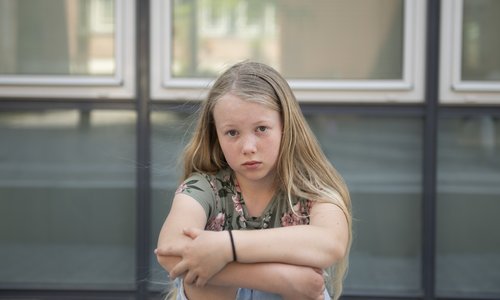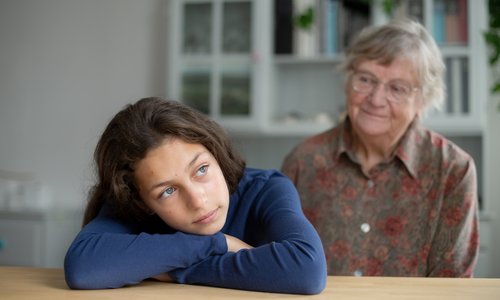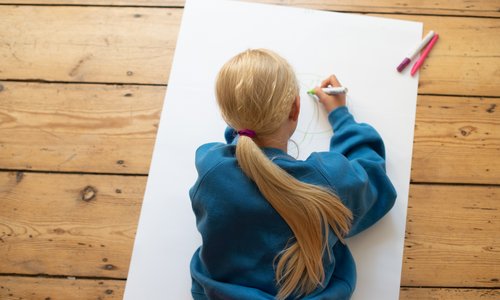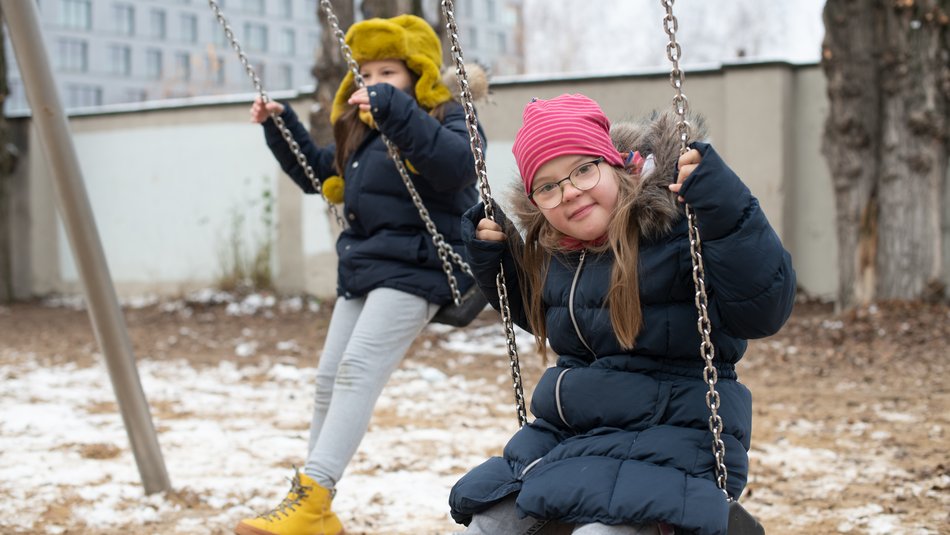
Male and female perpetrators usually plan their attacks in advance and select specific children or adolescents. When doing so, they look for vulnerabilities and weaknesses that they can use as the starting points for their acts. Certain groups of children and adolescents are particularly at risk of being sexually abused.
Children and adolescents who have already suffered forms of violence
Children and adolescents who have already suffered physical and mental abuse or neglect also need special protection. They often have a great need for closeness and tenderness and may well have lost the ability to know their own limits and to be able to defend themselves against assaults or to recognise it as such in time and to then get help. This applies especially to girls and boys who have already suffere sexual violence in the past. Children and adolescents who live in foster families or residential groups due to biographical events are often at a disadvantage and therefore face an increased risk of suffering sexual abuse.
Children and adolescents who are socially isolated
Children and adolescents who feel like outsiders and are often left to their own devices or who are not very socially integrated are also at a greater risk of suffering abuse. These children and adolescents often have a great need for social interchanges and recognition, which can easily be exploited by perpetrators to build up a false relationship of trust. Due to them being outsiders, they often lack the opportunity to confide in friends after being abused.
Children and adolescents who grow up in authoritarian families
Children and adolescents who grow up in very strict, authoritarian circumstances are often brought up to believe that adults are always right and that they must obey them unconditionally. Perpetrators have an easy time with them because the children do not recognise adult misbehaviour as such or it seems impossible for them to confide in and seek help from third parties. This is especially true for girls who are brought up to be submissive.
But boys who have not learned to recognise their own feelings, to talk about them and are always expected to show only strength are also at risk of being abused. These boys often have great inhibitions about confiding in someone and admitting their need for help.
Children and adolescents must be taught that adults are not always in the right in order to protect them from sexual assault., Children and adolescents who have been brought up to believe that sexuality is something bad or even sinful also belong to this risk group. They are specifically targeted because abuse is an "unspeakable act" to them and they feel too much shame to confide what they have suffered to anyone.
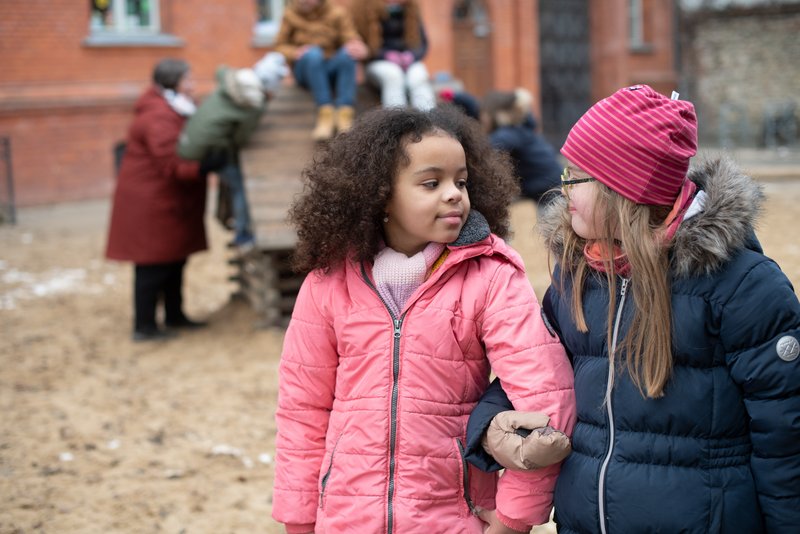
Children and adolescents with disabilities are particularly at risk
Children and adolescents with a physical, mental or psychological disability are at an increased risk of being sexually abused.
They are more often dependent on special care and help. This unfortunate circumstance makes them especially vulnerable as their need for help can be exploited by perpetrators so that they can implement their sexual assaults.
The everyday experience of having others take care of their bodies leads to some girls and boys not being able to develop a balanced body feeling and not knowing that: my body belongs to me and I can decide for myself what happens to it.
Many girls and boays with disabilities are not taught enough about their bodies and sexuality by their parents or professional helpers, which prevent them from having a positive approach to their own bodies. The sexuality of children and adolescents with disabilities is still heavily tabooed, which makes it difficult for them to discover their own bodies and talk about their needs. Many girls and boys with a disability still long for tenderness and sexuality, which makes them extremely vulnerable to abuse.
As they are dependent on the help of other people, children and adolescents with disabilities often do not dare to protest and defend themselves against sexual assault.
In many cases, they also do not know where or who to turn to if after having suffered sexual violence. In many cases, counselling services are not barrier-free and neither are they geared towards counselling people with disabilities.
In the case of children and adolescents with intellectual disabilities, sometimes even the affectedness is relativised: it is claimed that sexual abuse is less severe because they are supposedly less aware of it.
These aspects that increase the risk of sexual abuse usually outlast childhood and adolescence and they can also lead to an increased risk of suffering sexual violence in old age as well.


